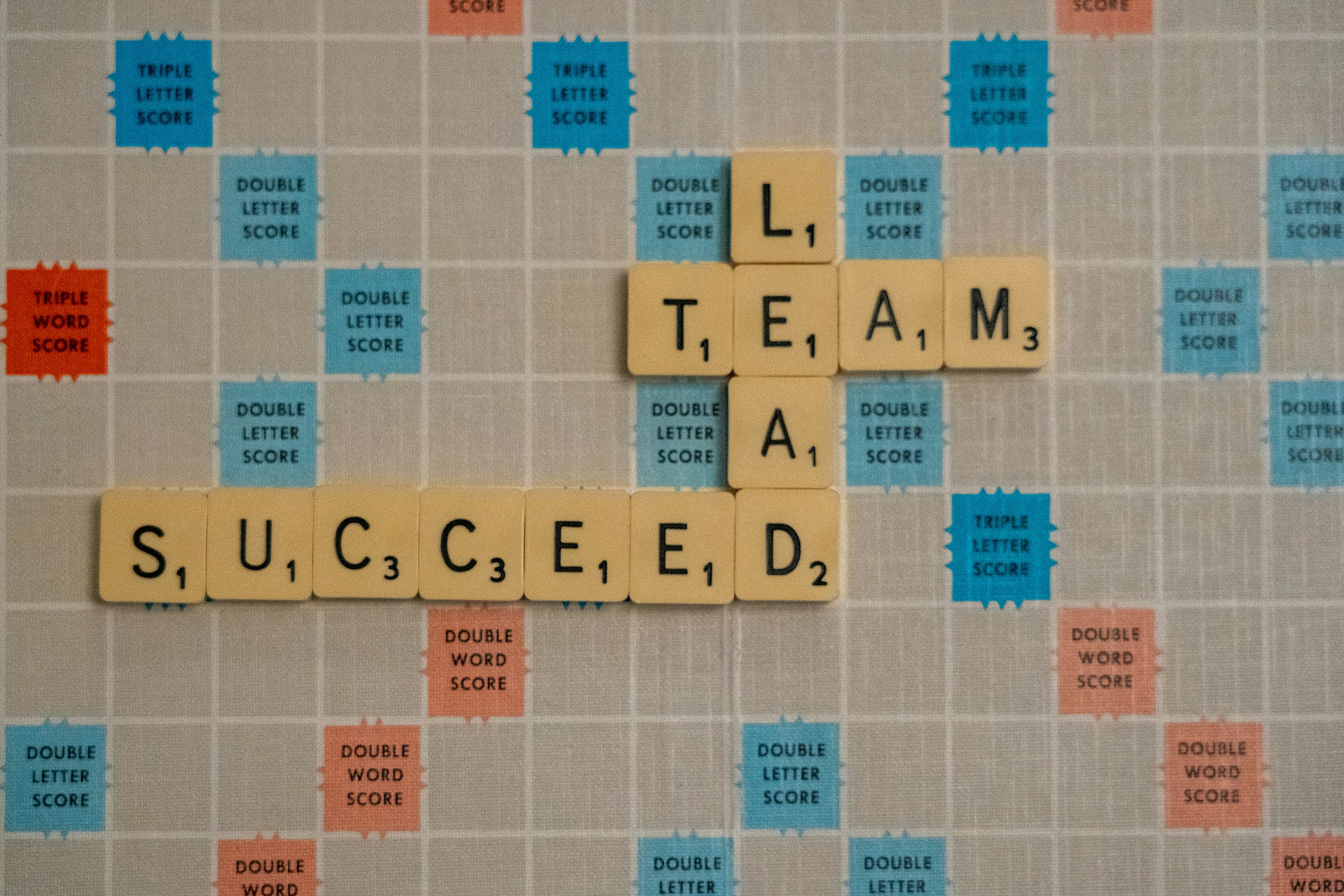Table of Contents
- A toast to tiny triumphs
- Winning habits & Finding motivation
- Example: Where To Use
- Example: Prompt Questions
- Strategies for effectively celebrating small wins
- 1. Personalize the recognition
- 2. Make it a habit
- 3. Use various platforms
- Addressing challenges in celebrating small wins
- 1. Avoiding overemphasis on quantity over quality
- 2. Balancing recognition with constructive feedback
- Key takeaways
A toast to tiny triumphs
Winning habits & Finding motivation

- Building habits: Help others make an effort to win on a daily basis by consciously and consistently developing winning habits. Encourage activities performed effortlessly, without conscious thought, because the mind and body have been programmed to suit them. When we ask our team for wins, it sparks their creativity and inspires them to think about new ways to achieve success. By embedding winning habits into our daily routines, we create an environment where victories become the norm rather than the exception.
- Motivation: In our pursuit of future achievements, we often overlook the present moment and the small tasks that contribute to our growth trajectory. However, by paying attention to these small tasks and consciously celebrating the wins they bring, we can create a powerful momentum that propels us toward even greater success. Verbalizing and sharing our small wins not only motivate us but also inspires others to embrace their victories. It helps us recognize the positive outcomes of celebrating wins and encourages a culture of continuous improvement and achievement.
Example: Where To Use
- During regular meetings, such as a committee check-in
- To wrap up a meeting
- During a workshop
- During stand-ups
- As an icebreaker
Example: Prompt Questions
- What good things happened this week?
- What went well?
- What made you happy?
- What challenges did you overcome?
- What or who helped you succeed?
- Who do you want to thank and why?
- Who did an awesome job? What did they do?
Strategies for effectively celebrating small wins
1. Personalize the recognition
- Learn individual preferences: Ask team members directly how they prefer to be recognized
- Observe behavioral cues: Notice who lights up during public praise vs. who seems uncomfortable
- Match recognition to personality: Introverts often prefer written notes, extroverts may love public shoutouts
- Adapt to career levels: Junior designers might appreciate learning-focused recognition, seniors value impact acknowledgment
- Use their communication style: If they're visual, send screenshots; if they're verbal, have a conversation
2. Make it a habit
- Set personal reminders: Use calendar alerts to prompt yourself to look for team wins
- Tie to project milestones: Celebrate at natural project breakpoints, not just at completion
- Schedule regular celebration moments: Block calendar time specifically for win recognition
- Integrate into existing workflows: Add wins to meeting agendas, standups, and retrospectives
- Create celebration rituals: Develop team-specific traditions like "Win Wednesday" or "Friday High-Fives"
3. Use various platforms
- Physical spaces: Win boards, office displays, team walls, or bulletin boards
- Digital platforms: Slack channels, Microsoft Teams, Discord, or internal social networks
- Written communication: Email newsletters, project updates, team blogs, or internal publications
- Cross-functional sharing: Include wins in reports to other departments or leadership updates
- External recognition: Client testimonials, case studies, or industry submissions featuring team wins
Addressing challenges in celebrating small wins
1. Avoiding overemphasis on quantity over quality
- Focus on meaningful progress: Celebrate learning, problem-solving, and skill development over routine task completion
- Set celebration criteria: Define what constitutes a "win" worth celebrating vs. expected daily work
- Avoid participation trophy syndrome: Not every completed task deserves the same level of recognition
- Balance frequency with impact: Aim for 2-3 meaningful celebrations per week rather than daily forced positivity
- Let natural wins emerge: Create space for organic celebration rather than mandating daily wins
- Contributing to team collaboration or culture
- Solving a problem that was blocking progress
- Demonstrating growth in a particular skill area
- Receiving positive user feedback or stakeholder praise
- Overcoming a specific challenge or learning something new
- Generic praise that applies to anyone
- Forced daily wins that feel manufactured
- Celebrating every minor task completion
- Recognition that becomes predictable or routine
2. Balancing recognition with constructive feedback
- Use the "Continue, Start, Stop" framework: After celebrating wins, discuss what to continue, what to start doing, and what to stop
- Time recognition appropriately: Don't dilute constructive feedback by immediately following with praise, or vice versa
- Create separate spaces: Have dedicated time for wins and separate time for improvement discussions
- Link wins to growth areas: "Your user research was thorough (win), and I think you're ready to tackle more complex research methods (growth)"
- Maintain psychological safety: Ensure team members feel safe to share both successes and areas for improvement
- Encourage self-reflection: Ask team members to identify their own areas for growth alongside their wins
- Document patterns: Track both wins and growth areas to ensure balanced development conversations
- Connect feedback to future wins: Help team members see how addressing feedback leads to bigger victories
- Feedback delivery strategies:
- Separate conversations: Dedicated win celebration vs. separate growth discussions
- Growth-focused framing: Position feedback as opportunities rather than corrections
- Sandwich method: Positive → Constructive → Positive (use sparingly, can feel manipulative)



































